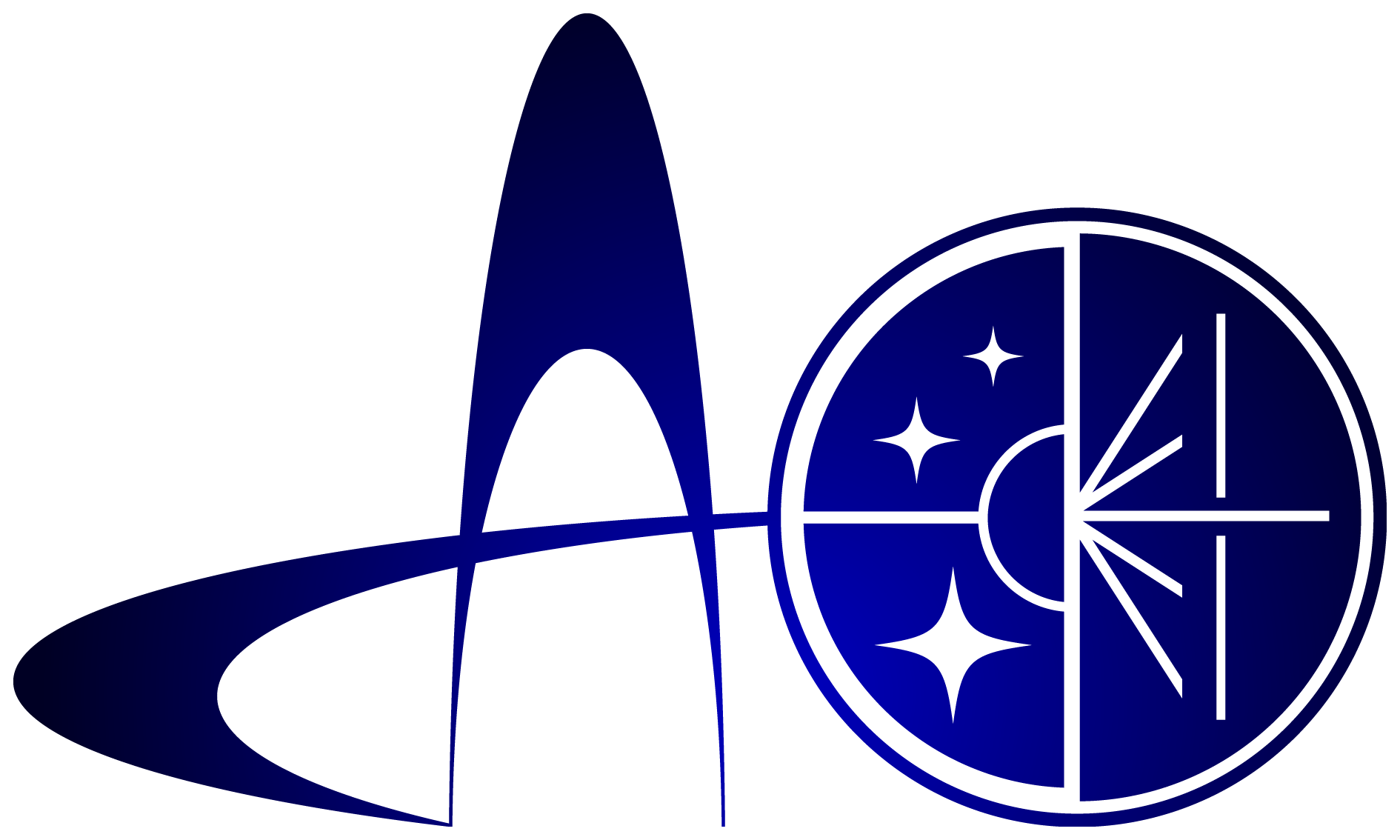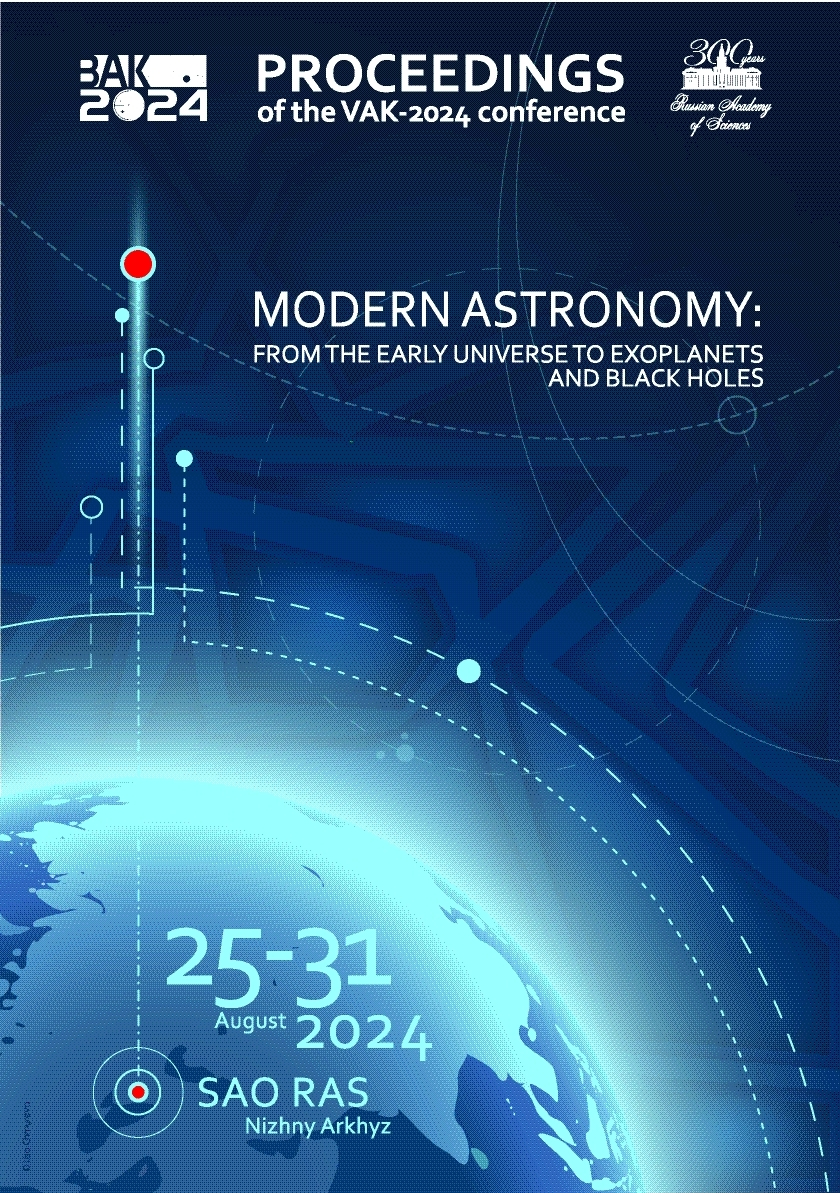Россия
The All-Russian Astronomical Conference 2024 “Modern Astronomy: from the Early Universe to Exoplanets and Black Holes” (with international participation) has been held on August 25–31 at SAO RAS, Nizhny Arkhyz. More than 500 researchers from 65 astronomical institutes of Russia have participated in the conference. Foreign scientists from 15 countries have also joined the event. Over 470 talks have been presented, including 347 offline and 127 online. The conference has been held at a high level of scientific and organizing activity.
The participants thank SAO RAS for the good organization and the large work that has been done.
The Conference has adopted the following resolution.
1) We note the successful implementation of the Spektr-RG space experiment as well as the work of Russian observatories on the optical follow-up of the X-ray observations. Outstanding results have been obtained.
2) We note the fundamental contribution of Soviet and Russian scientists to the discovery of black holes in the Universe:
a) creation of the theory of matter accretion onto black holes;
b) successful implementation of the domestic X-ray experiments Mir/Kvant and Granat as well as the international experiments Integral and Spektr-RG;
c) first optical identifications of X-ray binary systems and study of their optical manifestations;
d) domestic idea of a laser gravitational-wave antenna and experimental development at the Physics Department of Moscow State University and at the Institute of Applied Physics of the Russian Academy of Sciences, which formed the basis for the creation of the Laser Interferometer Gravitational-Wave Observatory (LIGO);
f) idea of intercontinental radio interferometry with ultrahigh angular resolution, proposed in the USSR in the mid-1960s.
3) We support the development of the research on high-energy neutrinos of cosmic origin carried out by the Institute of Nuclear Physics of the Russian Academy of Sciences (INR RAS) in cooperation with other organizations at the Baikal Deep Underwater Neutrino Telescope and Baksan Underground Scintillation Telescope.
4) We emphasize the importance of the introduction into observations the new instruments of the National Heliogeophysical Complex of the Institute of Solar-Terrestrial Physics of the Siberian Branch of the Russian Academy of Sciences: the Siberian Radioheliograph and the Large Solar Telescope, which together with the Gallium-Germanium Neutrino Telescope of the INR RAS will provide new breakthrough knowledge about the physics of the Sun.
5) We support the efforts of the astronomical community to create high-altitude observatories for millimeter-wave research, which will give us an opportunity to participate in interferometry with global baselines. The Conference recommends organizing a consortium of scientific institutions and industrial enterprises to create a new-generation millimeter-range telescope.
6) We note the great scientific significance and prospects of the domestic space astrophysical projects Spektr-UV, Spektr-M, and MSU-270 as well as the projects to explore the Moon and planets of the Solar system. We note the importance of the implementation of the Interhelioprobe and Arka space projects. We support the efforts of the head institutions to develop these instruments.
7) We urge for the start of the work on choosing the location, on the territory of Russia, for the installation of a modern large national optical telescope with a diameter of 4–8 meters. We support the development of domestic telescopes equipped with active and adaptive optical systems.
8) We support the efforts to conduct coordinated systematic observations of exoplanets at domestic observatories.
9) We note the high importance of the astronomical research that have significant practical importance, such as the astronomical support of the national positioning, navigation, and timing system, the creation of an astronomical segment in the planetary defense system, and the development of the national solar service.
10) We have decided to appeal to the Ministry of Science and Higher Education of the Russian Federation with a request to restore the classes of astronomy in Russian schools.
11) We support the efforts of Russian astronomers to create protected zones around the leading domestic observatories.
Co-Chairmen
of the VAK-2024 Scientific Committee,
full members of RAS
Yu.Yu. Balega
A.M. Cherepashchuk






